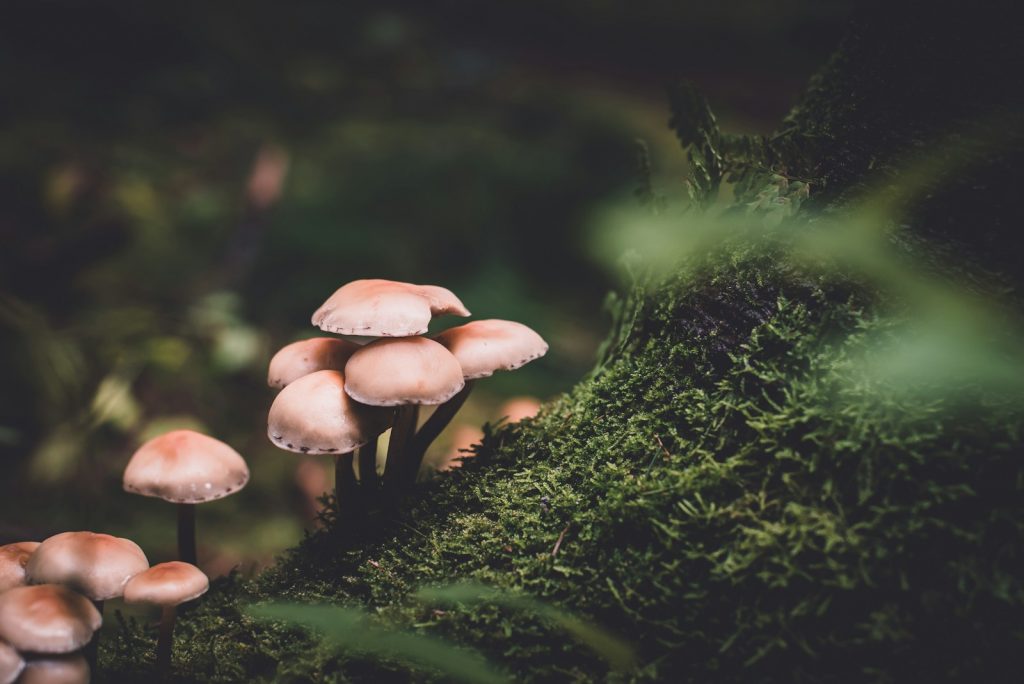Beta-glucans are naturally occurring polysaccharides which are found in the cell wall of fungi and yeasts. However, modern agricultural practices and processes have removed the majority of the beta-glucans in our diet. In the Victorian era, even though infant mortality was high, research suggests that following childhood, life expectancy was not markedly dierent than it is today. It is thought that the consumption of foods rich in beta-glucans may have played a key role in the Victorians’ long and healthy life spans.1
Beta-glucans can help to improve resistance to infection by stimulating the body’s innate immune response so that the body thinks that it is under attack; this keeps the immune system primed and ready to defend itself against pathogens and foreign invaders.1
When beta-glucans are consumed they pass through the stomach unchanged and travel to the intestine where they encounter immune sensors known as Peyer’s patches. Peyer’s patches have the ability to screen substances and it is here the beta-glucans come into contact with immune cells called macrophages, which break down the beta-glucans into smaller particles. These particles lock onto the surface of neutrophils (the most abundant white blood cell in the body), priming them so they are ready to hunt down and destroy pathogens more eectively.1a
Research has found that beta-glucans may help reduce the symptoms of the common cold, as well as the number of days people take o work. One study found that those who took beta-glucans had 23% less upper respiratory infections.2
In a double blind placebo controlled study involving 75 marathon runners, those taking beta-glucans had significantly less upper respiratory infections.3
Another study found that taking a daily supplement of beta-glucans reduced the severity of upper respiratory tract infection symptoms.4 Beta-glucans may also reduce the possibility of the body overreacting to otherwise harmless substances such as ragweed pollen.5
References:
1. Rowbotham J, Clayton P. An unsuitable and degraded diet? Part three: Victorian consumption patterns and their health benefits. J R Soc Med. 2008 Sep; 101(9):454-62.
1a. Clayton P. Natural Defenses. Strengthening your immune system against modern threats. 2nd Edition.
2. Stephanie G. Harger-Domitrovich, Joseph W. Domitrovich, Brent C. Ruby, Eects of an Immunomodulating Supplement on Upper Respiratory Tract Infection Symptoms in Wildland Firefighters. 2008. Montana Center for Work Physiology and Exercise Metabolism, University of Montana, Missoula MT.
3. Shawn Talbott and Julie Talbott. Eect of Beta 1,3/1,6 Glucan on Upper Respiratory Tract Infection Symptoms and Mood State in Marathon Athletes. Journal of Sports Science and Medicine. 2009 (8). P 509-515.
4. Shawn Talbott, Julie Talbott, Don Cox. Beta-glucan Supplement Reduces Upper Respiratory Tract Infections and Improves Mood State in Healthy Stressed Subjects. Experimental Biology. Presented. 2010. April 24-28 Anaheim, California.
5. Talbott SM et al. β-Glucan supplementation, allergy symptoms, and quality of life in self described ragweed allergy suerers. Food Sci Nutr. 2013 Jan; 1(1):90-101.



